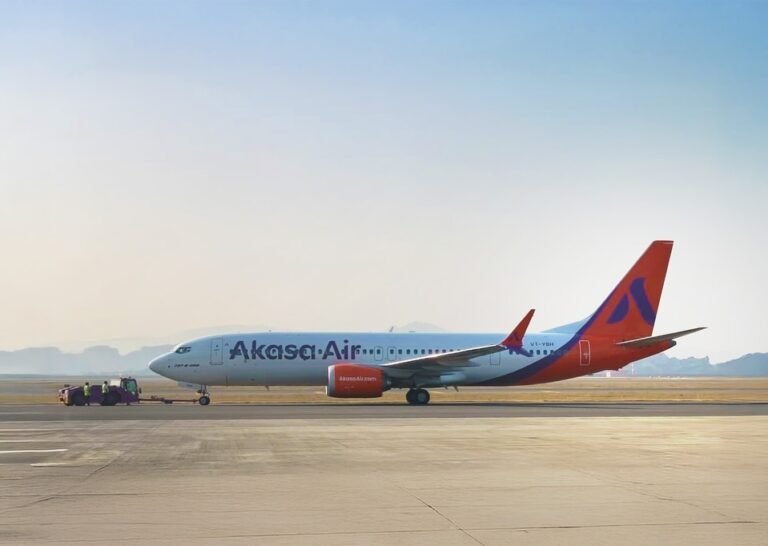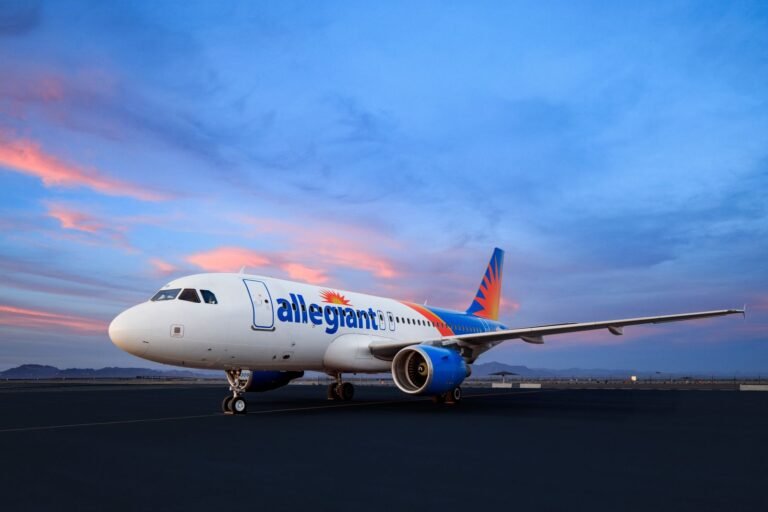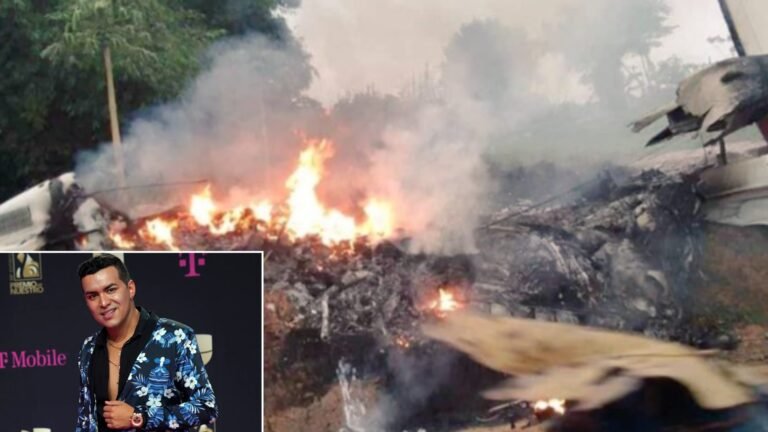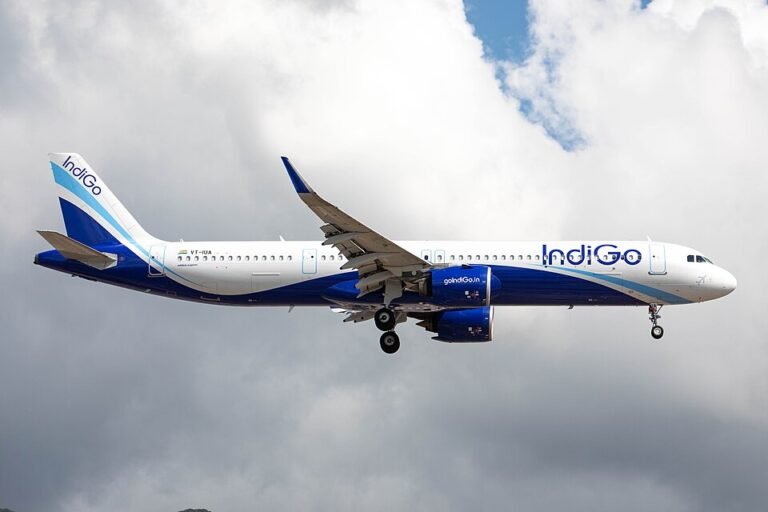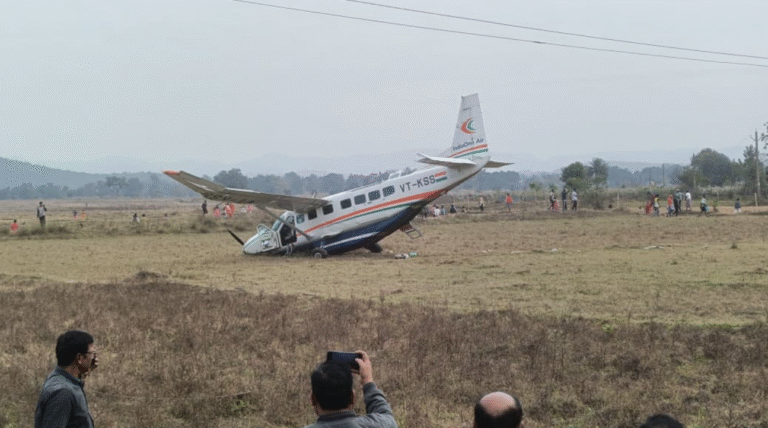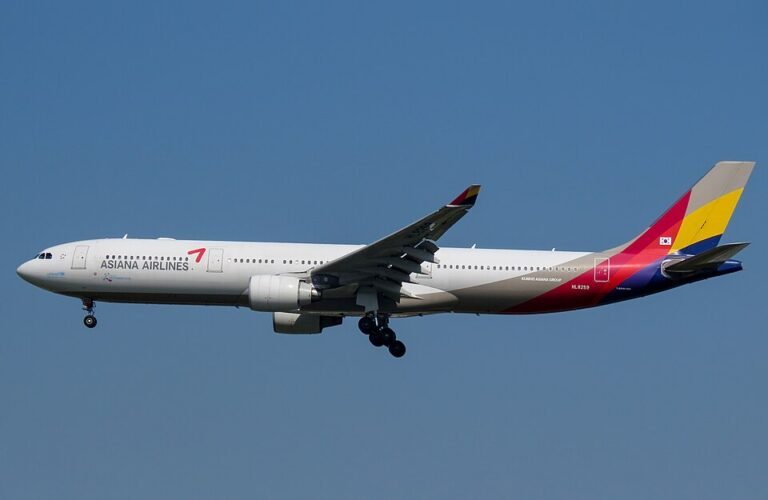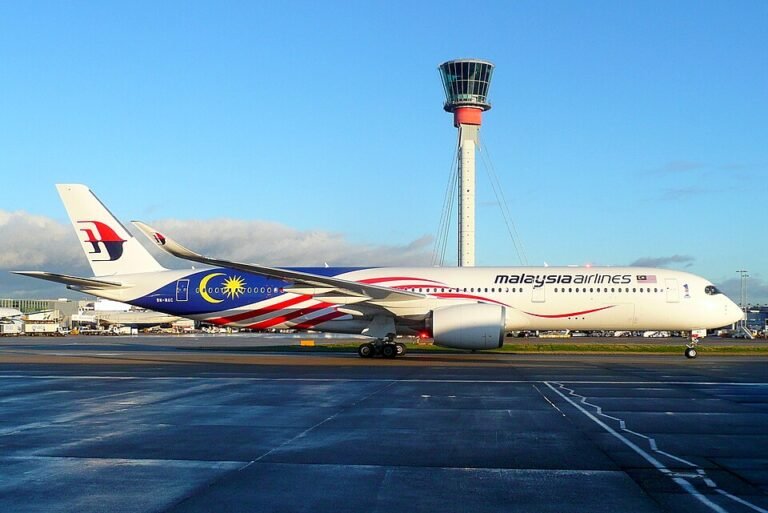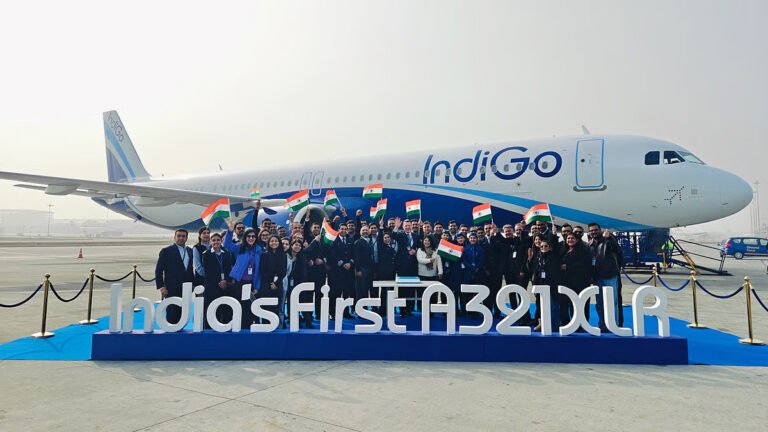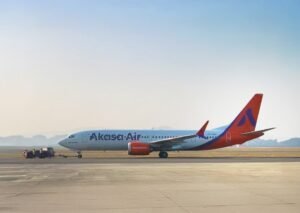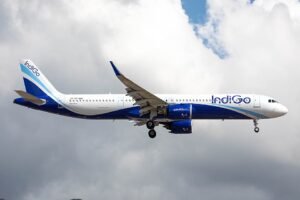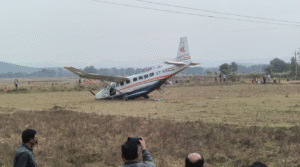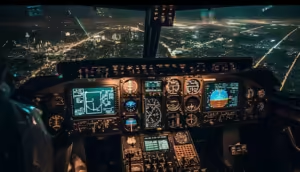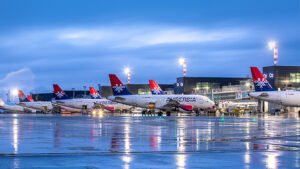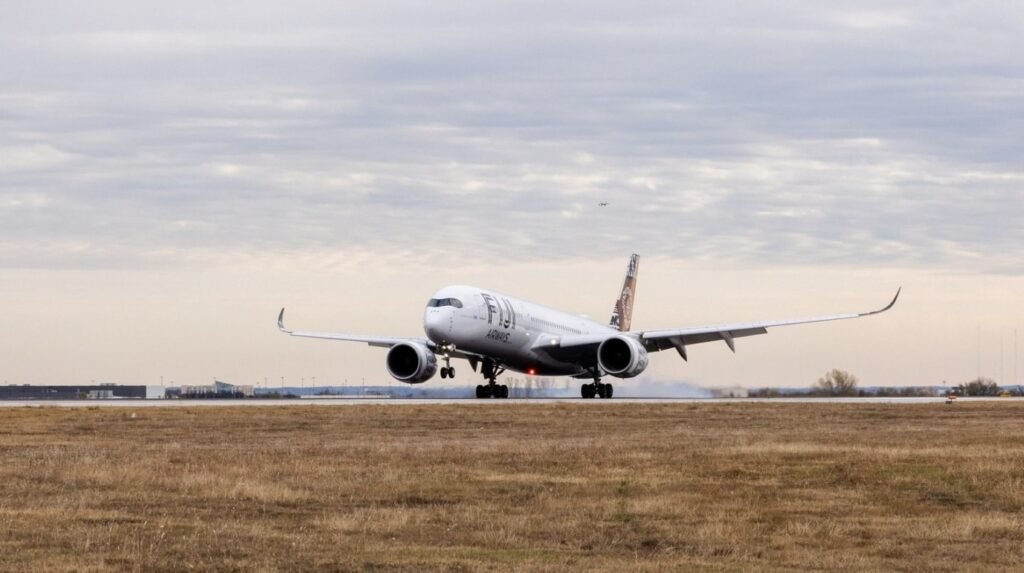
Nadi, Fiji: Fiji Airways is losing millions of dollars every year because of bird strikes, which are happening more often and causing serious aircraft damage. The government is now taking new steps to reduce the problem around airports.
Deputy Prime Minister and Civil Aviation Minister Viliame Gavoka told Parliament that the airline reported 41 bird strike cases in 2024, compared with 33 in 2023 and 24 in 2022. Four Boeing 737 aircraft were grounded last year after bird strikes, costing the airline about US $19.2 million, while another engine incident this year caused an extra US $4.8 million loss.
A major incident took place on October 9, 2025, when Fiji Airways flight FJ450 from Christchurch to Nadi hit a flock of pigeons during take-off. The impact damaged the aircraft’s nose, wings, and both engines. The pilots safely returned to Christchurch Airport.
Industry data shows that bird strikes have already cost Fiji Airways more than US $8.4 million in 2024 alone. These costs include repairs, grounded aircraft, and flight delays.
Fiji Airports has started a Wildlife Hazard Management Program to stop birds from gathering near runways. This includes mapping bird habitats within five kilometres of airports, using bird deterrent systems, and training airport staff to handle wildlife safely.
A new National Wildlife Hazard Management Committee has also been set up to bring together airport operators, environment officials, and local governments. The committee will coordinate actions to reduce bird strike risks across the country.
Minister Gavoka said poor waste management, open drains, and fruit trees near airports attract birds. He urged local councils to improve waste control and restrict land use that encourages bird activity.
“Safety is our top priority,” Gavoka told Parliament. “We must protect our people and our aircraft from unnecessary danger.”
Experts say Fiji’s geography makes bird strikes harder to prevent, as many airports are close to the coast and farmland. Open garbage areas and food waste around Nadi and Nausori airports also draw more birds.
Bird strikes usually happen during take-off or landing, when planes are flying low. Even small birds can cause major damage if they hit engines or wings.
Authorities are now looking at advanced tools such as bird-detection radar, sound-based deterrents, and public education programs to reduce the risk. Communities living near airports will be asked to help by keeping waste areas clean and avoiding bird feeding near flight paths.
Despite the losses, Fiji Airways says safety standards remain high and no passengers or crew have been injured in recent incidents. However, officials agree the issue needs urgent attention to protect both passengers and aircraft.

